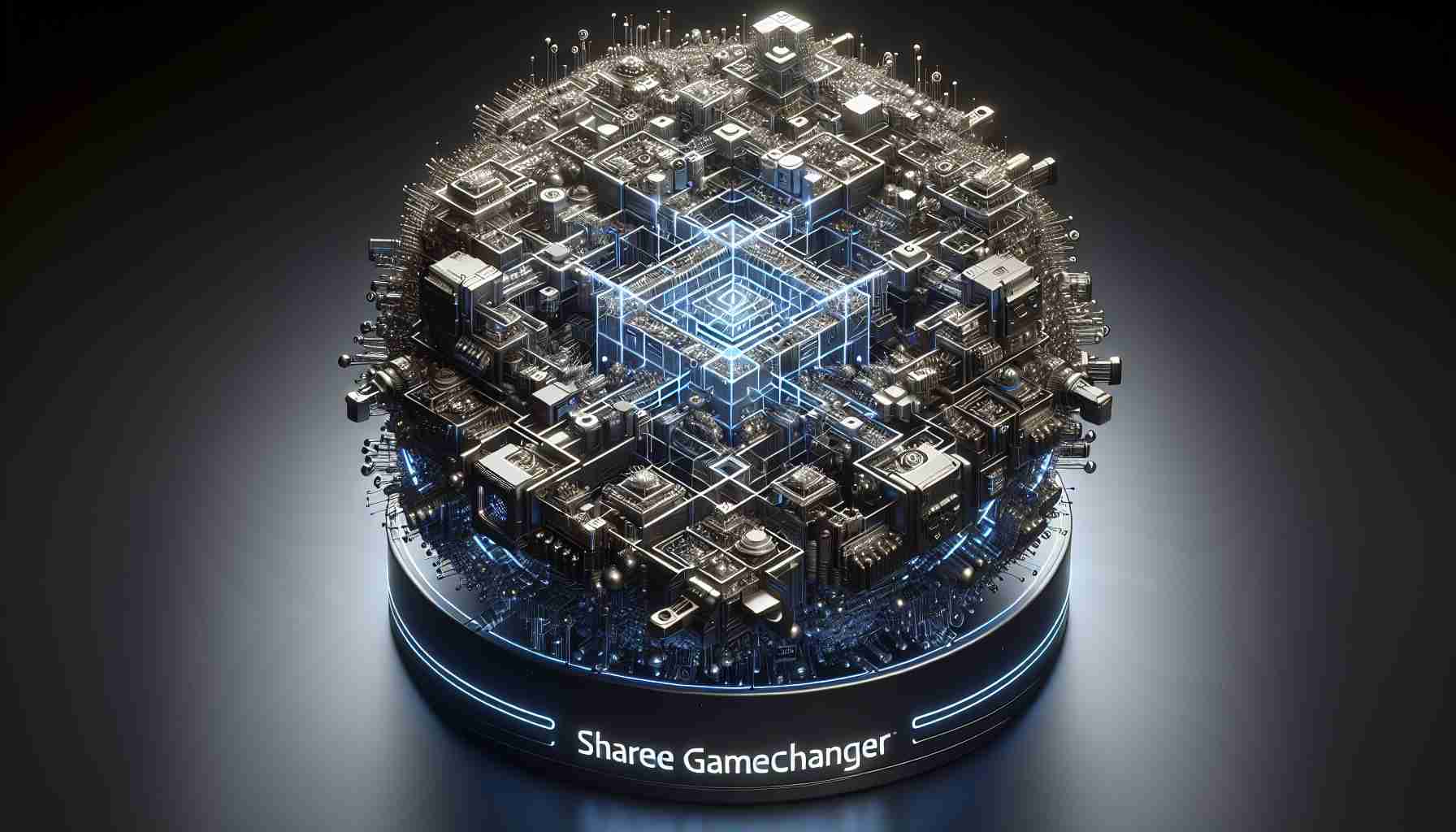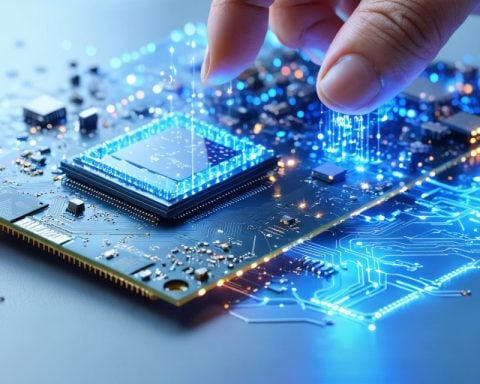As the gaming industry anticipates the next big evolution, NVIDIA finds itself at the confluence of transformative technologies that promise not only to redefine gaming but also to reshape how investors perceive its stock. With the advent of more sophisticated artificial intelligence (AI) tools, NVIDIA shares, traditionally buoyed by its leadership in graphics processing units (GPUs), are now gaining momentum through AI’s ripple effect across various sectors.
In the past, NVIDIA gaming cards were prized for their performance in rendering stunning visuals and powering immersive gaming experiences. However, today’s market dynamics are rapidly shifting in favor of AI-driven applications. The company’s GPUs are increasingly vital in training AI models, data centers, and autonomous vehicle systems, broadening its revenue streams drastically. Investors are keenly observing these developments, recognizing that the buoyancy in NVIDIA’s stock is not just a reflection of its gaming prowess but also of its growing clout in digital transformation technologies.
Looking to the future, analysts are closely monitoring how NVIDIA’s foray into AI will further influence its market strength. The impact of AI on gaming—from procedural content generation to advanced NPC behaviors—is pushing traditional boundaries, making NVIDIA’s role in this domain more pivotal than ever. For stakeholders, NVIDIA’s promise does not lie solely in the realms of gaming anymore but in its capacity to pilot an era where gaming and AI converge, offering a multidimensional investment potential that is unlike any other.
NVIDIA’s AI Revolution: Beyond Gaming and Into Everyday Life
As NVIDIA continues to evolve beyond its gaming roots, the company’s innovations are increasingly impacting industries and communities worldwide. But what does this mean for the average consumer and society at large?
Implications for Healthcare and Education: NVIDIA’s GPUs are now essential for powering AI models in fields like healthcare, where they’re used for diagnostics and personalized medicine. AI-driven tools can analyze medical imaging with speed and accuracy, potentially reducing waiting times and improving patient outcomes. In education, AI systems powered by NVIDIA can tailor learning experiences to individual students’ needs, fostering more effective educational environments.
Impact on Workplaces and Economies: With AI-driven automation reshaping workplaces, industries reliant on repetitive tasks are likely to see significant changes. While some jobs may be displaced, others will be created, emphasizing roles in AI management and systems oversight. Economies could benefit from enhanced productivity and innovation, yet potential job displacement raises critical discussions about the future of work and necessary reskilling programs.
Ethical Dilemmas and Data Privacy: With increased AI applications come concerns about data privacy and ethics. How do we balance technological advancements with individual rights? Decision-makers are tasked with creating policies that ensure AI is used responsibly and ethically.
Advantages and Challenges: While AI presents opportunities for advancement and efficiency, it also represents a shift in societal norms and practices. The potential for NVIDIA to lead in AI does bring substantial growth prospects, yet challenges lie ahead in managing ethical concerns and integrating AI seamlessly into daily life.
For those interested in exploring more about NVIDIA’s ventures in AI, visit NVIDIA for updates on their latest innovations and impacts.


















